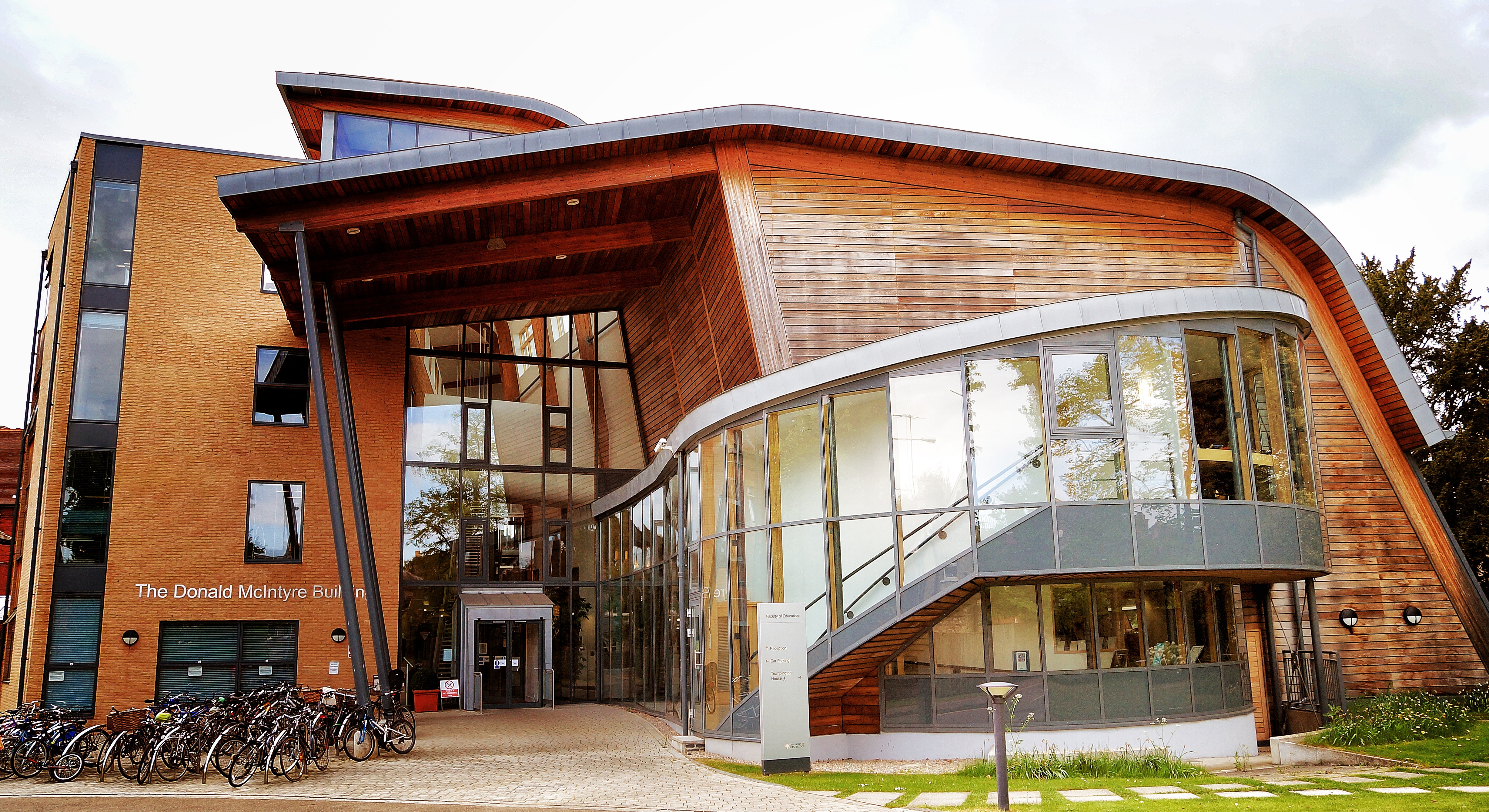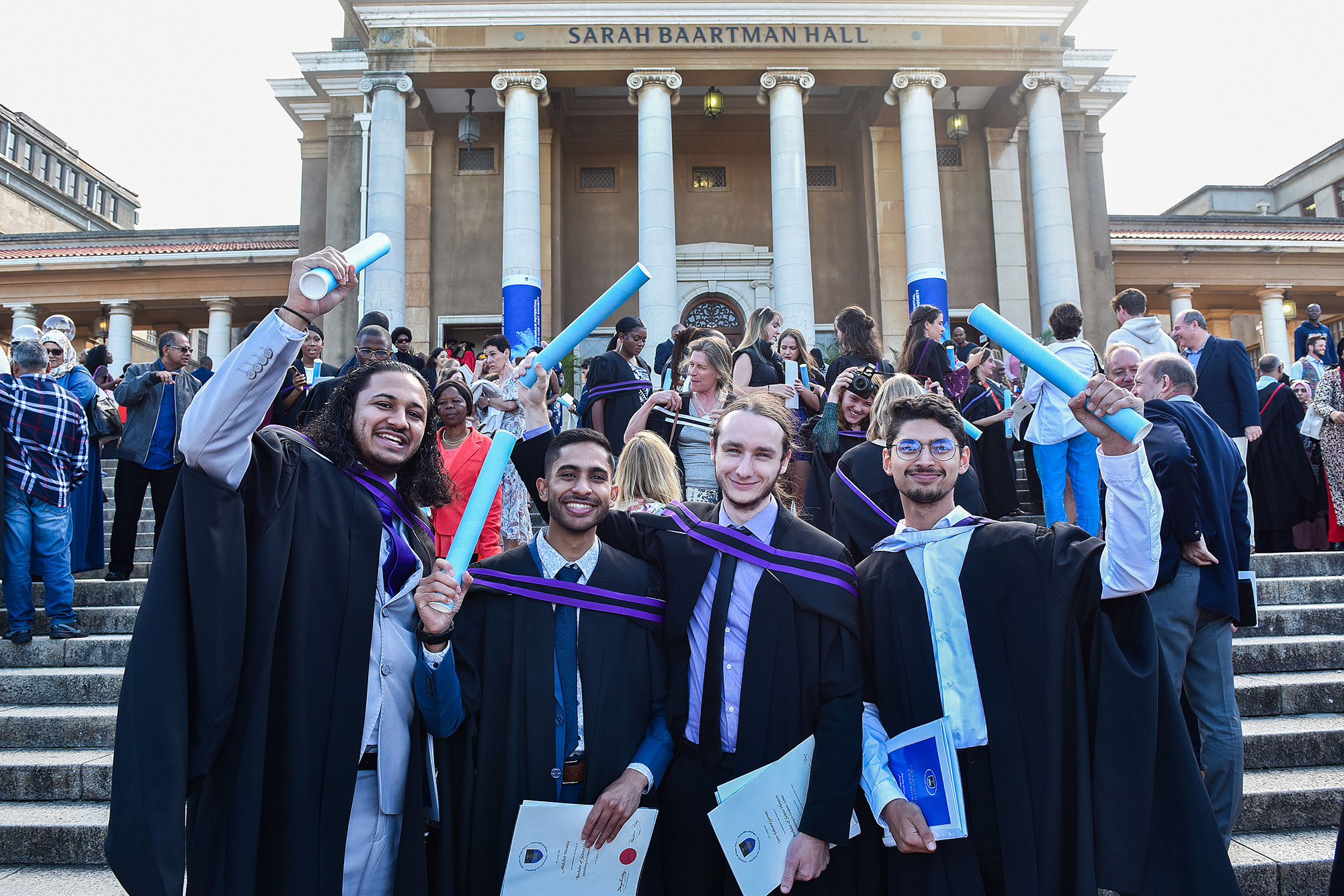The academic novel: a genre ripe for exploration.
Defining Faculty Towers
What is the academic novel? It’s a specific subgenre. It centers on university life. Think about the setting: the campus, the classrooms, and the faculty offices. These stories delve into the inner workings of academia. Politics, power struggles, and personal dramas play out. All within the ivory tower.
Consider the characters. They are often professors, students, and administrators. We see their intellectual pursuits. We also see their flaws. Their ambitions and rivalries drive the plot. Kingsley Amis's Lucky Jim provides a good starting point.
The themes explored are usually complex. Tenure battles are frequent. So are departmental infighting and ideological clashes. The pursuit of knowledge itself comes under scrutiny. The question arises: Is it a noble goal? Or a source of ego and conflict?
The Allure and the Angst
Why are these novels so popular? They offer a glimpse behind the scenes. They expose the often-hidden realities of academic life. Many readers, both inside and outside academia, find it fascinating. The books show the human side of intellectuals.
The "discontents" arise from several sources. Some academics find the portrayal inaccurate or unfair. They argue that the novels perpetuate stereotypes. Others criticize the genre for focusing on negativity. They claim it overlooks the positive aspects of university life. A common critique is that these novels exaggerate the drama. They are not always a realistic reflection of everyday life.
Another challenge is the potential for insider knowledge to be needed. Some jokes and references may be lost on those unfamiliar with academic culture. This can create a barrier to entry for some readers. However, that same insider view is part of the genre’s appeal.
Teaching Tips and Tricks
How can we effectively teach this genre? Start with a clear definition. Explain the key characteristics of the academic novel. Emphasize the setting, characters, and themes.
Provide context for the students. Discuss the history of higher education. Explore the role of universities in society. Knowing this information will help students appreciate the nuances of the novels. This will enhance their understanding.
Select engaging texts. David Lodge's novels, like Small World and Changing Places, are excellent choices. These are witty and accessible. They offer a balanced view of academic life. Consider excerpts from other novels as well. Provide a wider range of perspectives.
Encourage critical thinking. Ask students to analyze the characters' motivations. Discuss the power dynamics within the university. Debate the accuracy of the portrayal. Ask them to think about the bigger picture. They should reflect on the role of universities in society.
Use real-world examples to connect the material. Discuss current issues in higher education. This can include funding cuts, tuition increases, and debates over academic freedom. This will help students see the relevance of the novels. The topics are not just confined to the page.
Addressing Common Misconceptions
Several misconceptions surround the academic novel. One is that all academic novels are satirical. While satire is a common element, not all novels are purely comedic. Some explore serious themes with a more dramatic approach.
Another misconception is that academic novels are only for academics. While academics may appreciate the insider perspective, the novels can appeal to a broader audience. Anyone interested in human nature, power dynamics, or the pursuit of knowledge can find them engaging.
Many people assume these novels are always negative. They think they only portray the worst aspects of academic life. However, many novels also showcase the positive aspects. They highlight the dedication of teachers. They show the importance of research. And they emphasize the value of intellectual inquiry.
Making it Engaging for Students
Assign debates or role-playing activities. Students can take on the roles of professors, students, or administrators. They can then argue different sides of a controversial issue. This is a fun and interactive way to engage with the material. Students learn through active participation.
Encourage creative writing assignments. Students can write their own short stories set in a university. They can develop their own characters and explore academic themes. This allows them to apply what they have learned. It allows for them to explore their own creativity.
Use film adaptations to supplement the readings. Many academic novels have been adapted into movies or television shows. Watching these adaptations can help students visualize the characters and settings. It can also spark discussions about the differences between the book and the film.
Invite guest speakers. Invite professors or former academics to speak to the class. They can share their own experiences in higher education. They can answer students' questions. This provides a real-world perspective on the themes explored in the novels.
Consider using online discussion forums. Students can share their thoughts and ideas. They can engage in discussions outside of the classroom. This promotes a sense of community. It encourages ongoing learning.
By using these strategies, educators can make the academic novel more accessible and engaging for their students. They can foster a deeper understanding of the genre. They can encourage critical thinking. They can promote a lifelong love of reading. This will make studying the topic more enjoyable.

